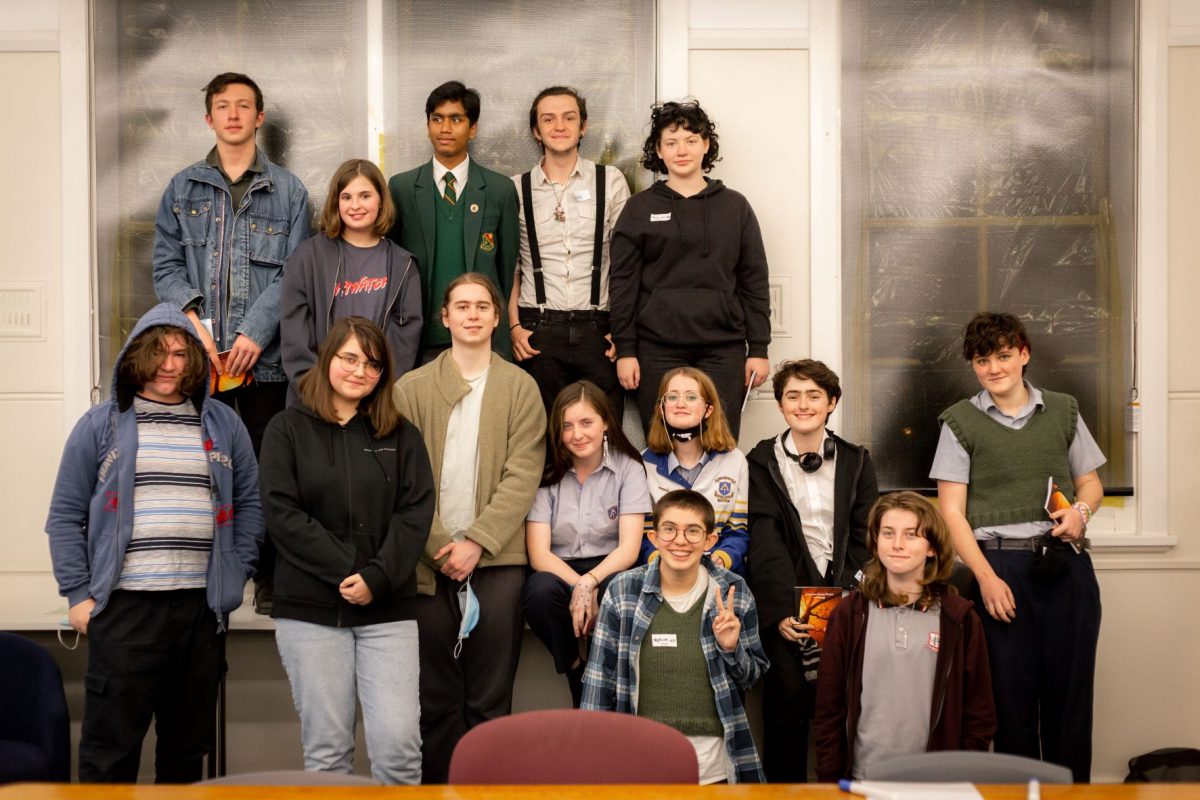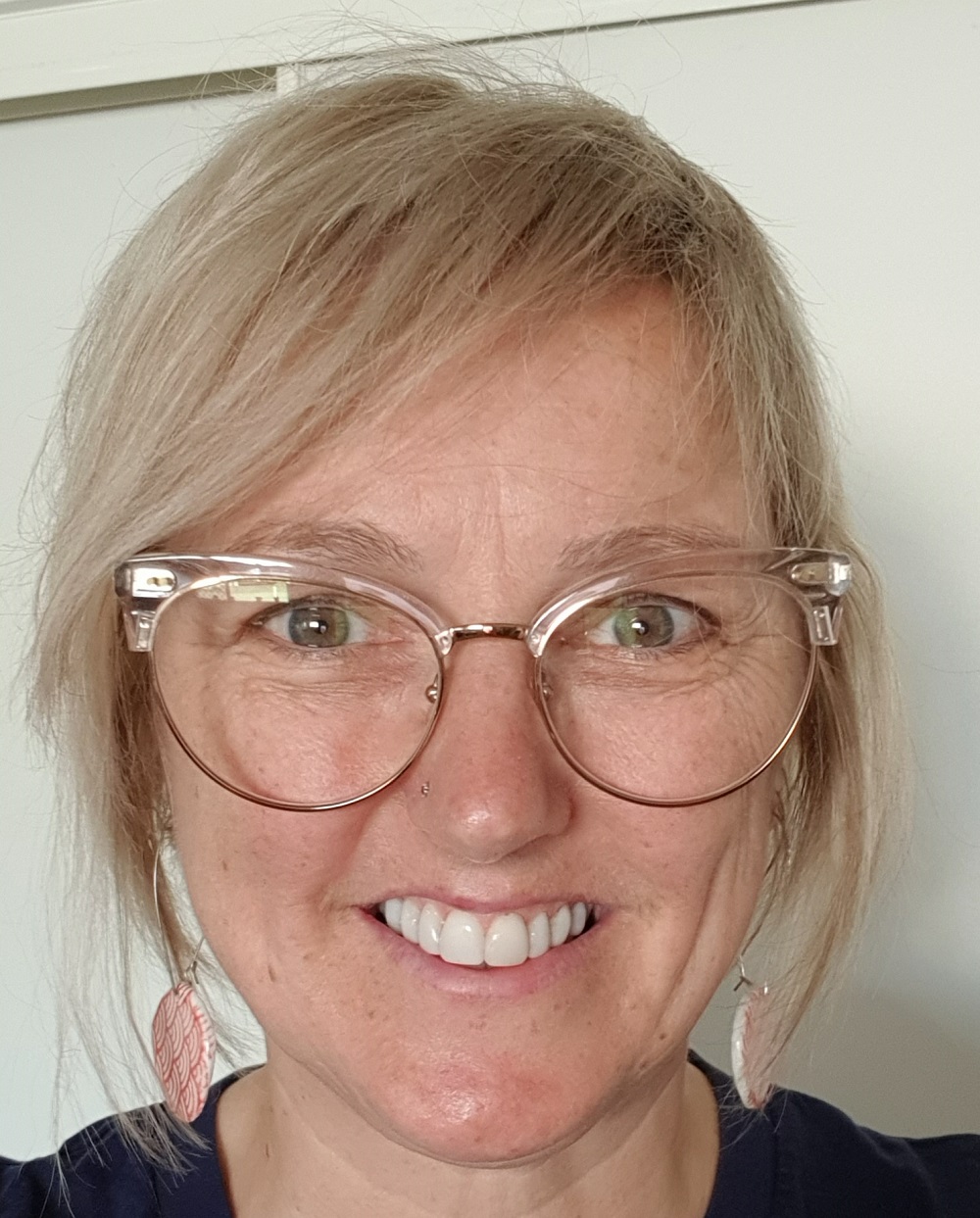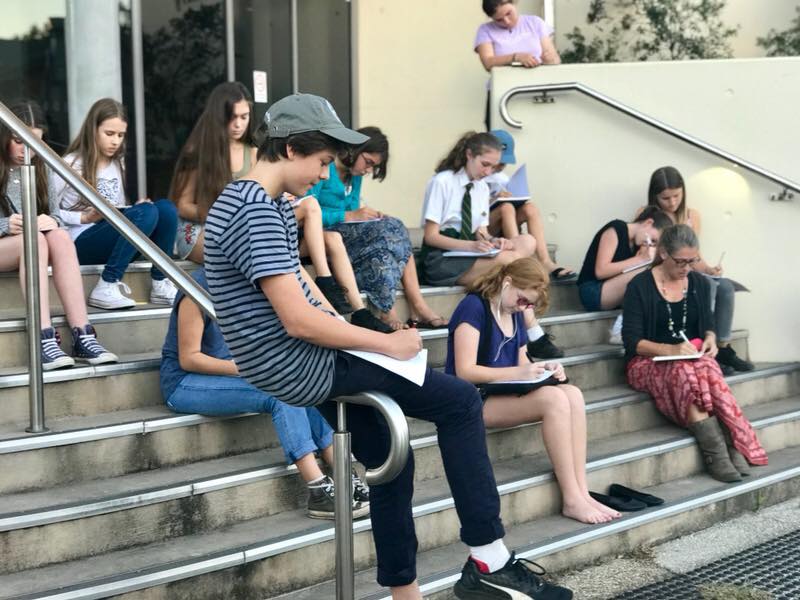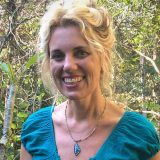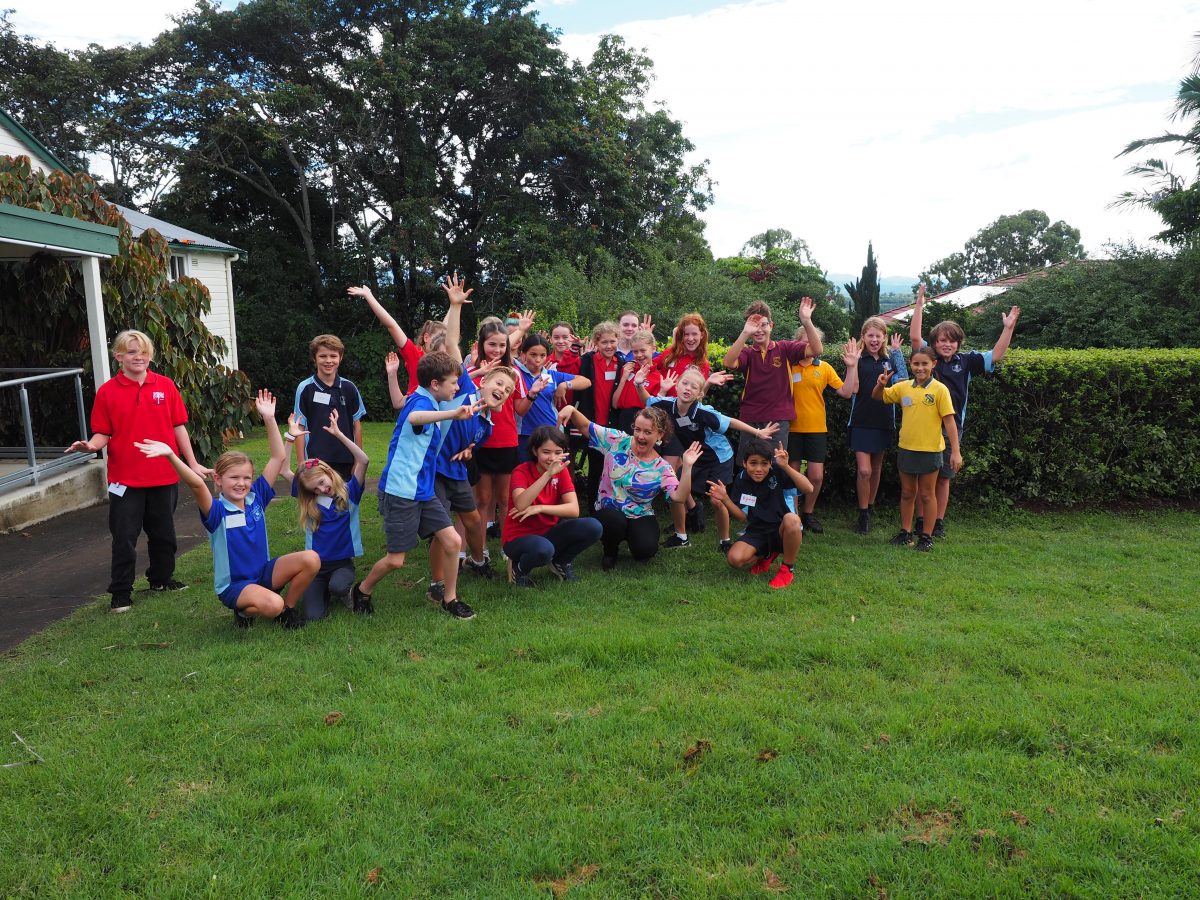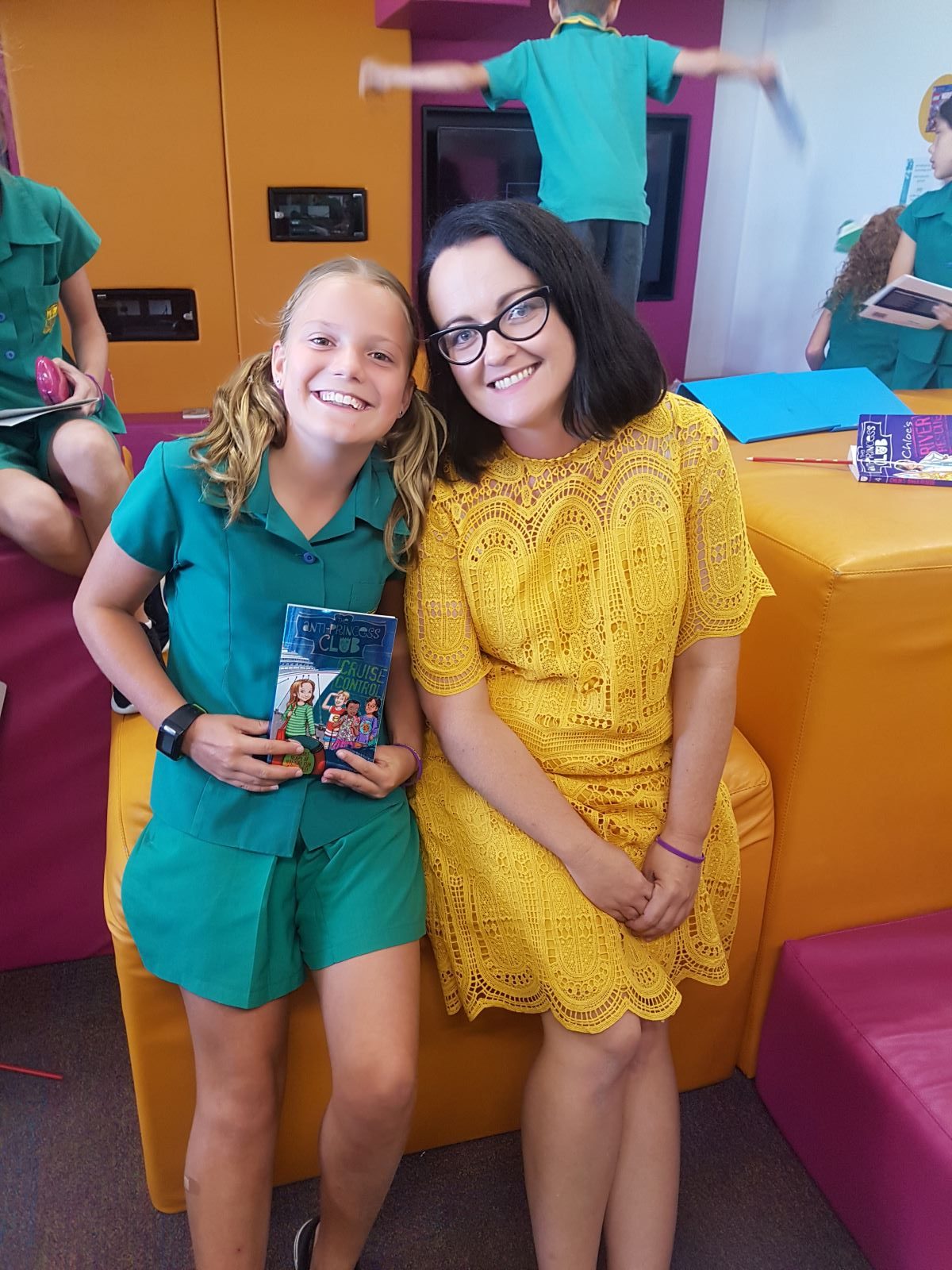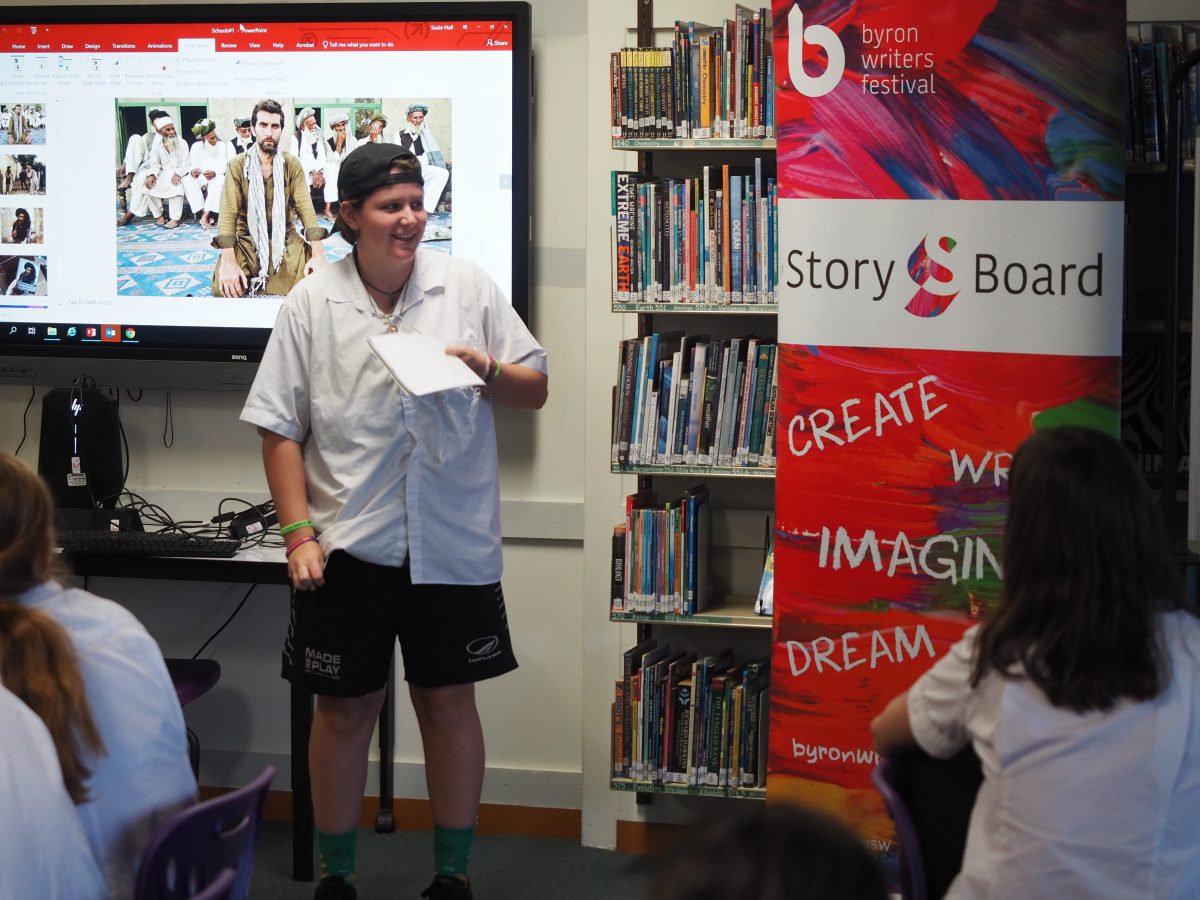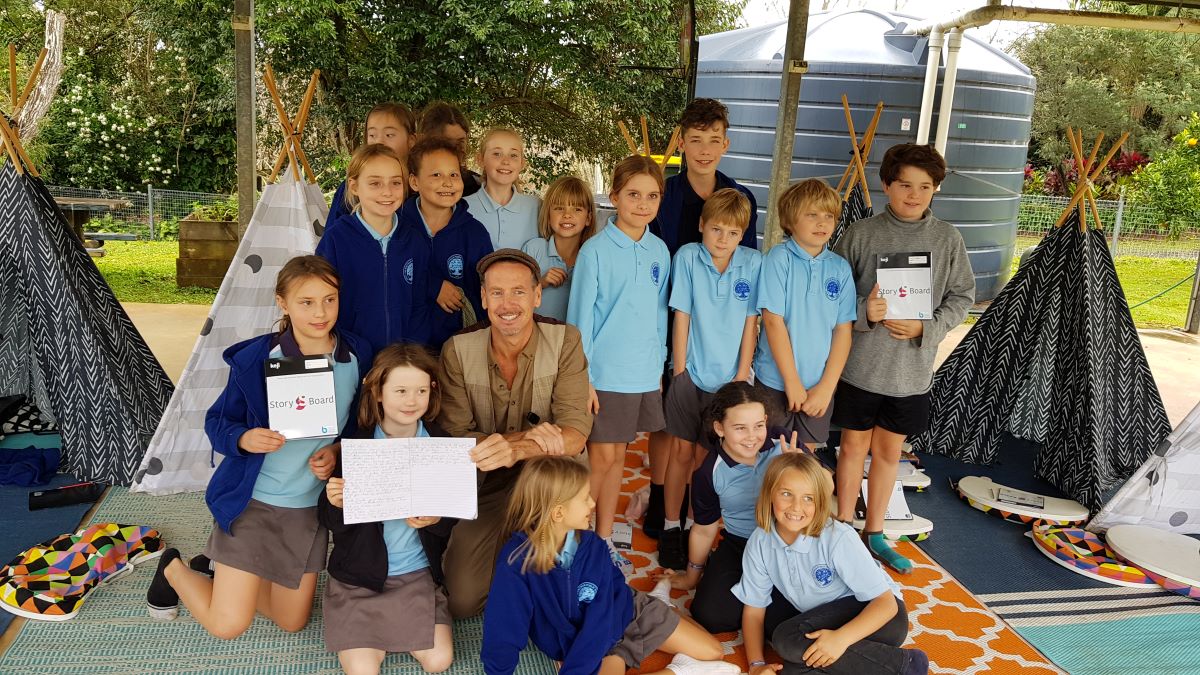Benjamin will take students on a journey to discover their own inner poetry, what it means to access spontaneity and their creative flow, how different poets use various techniques and styles, the use of rhythm, imagery, metaphor and surrealism.
Benjamin had first poetry published as a teen in adult literary journals. He has since published two anthologies of poetry, The Song of a Hundred Miles and Night Swim.

